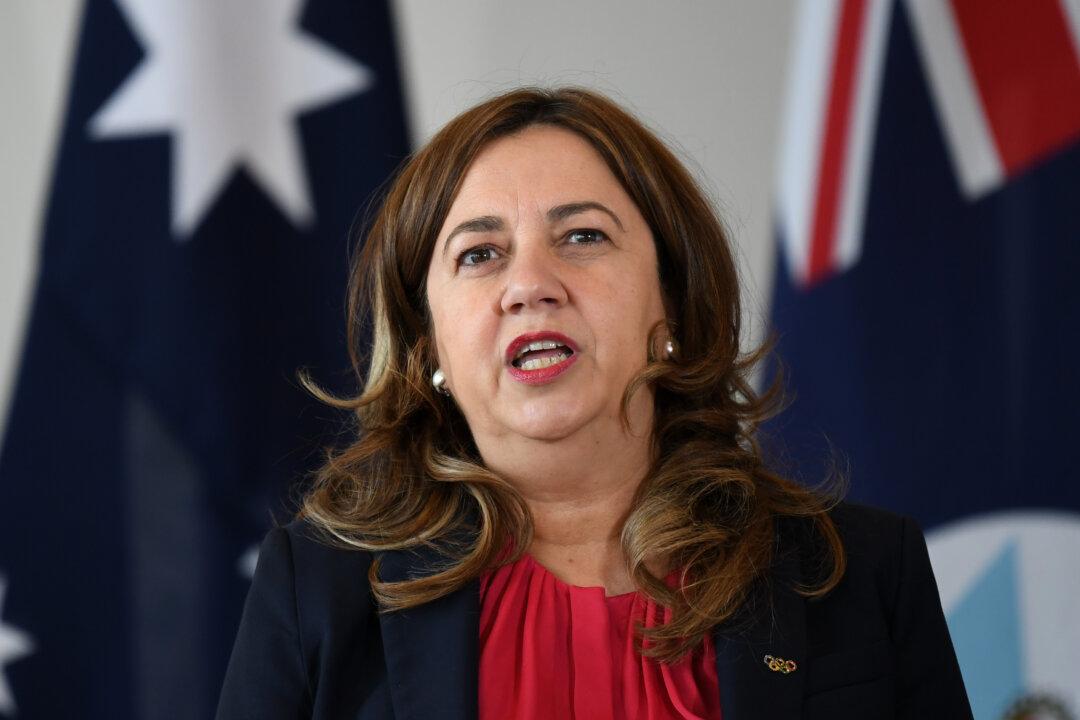The government of the Australian state of Queensland has introduced new measures to tackle youth crimes following the death of a British mother who was killed by two teenage intruders while defending her home.
On Dec. 29, the Queensland government announced 10 new measures aimed at deterring juvenile law offenders via harsher punishments and reforms in the way courts handle youth crime cases.





